Yuko Mohri
Mohri was born in Kanagawa, Japan in 1980 and now lives and works in Tokyo. She received a Bachelor of Fine Arts from Tama Art University in 2004 and a Masters of Fine Art from the Tokyo University of Arts in 2006.
Yuko Mohri will represent Japan at the 60th Venice Biennale, curated by Sook-Kyung Lee, director of Whitworth Gallery, The University of Manchester.
In 2015, Mohri received a grant from the Asian Cultural Council (ACC) for a residency in the United States. The same year she also received the Grand Prix at the Nissan Art Award. In 2018, she undertook a residency in China having been appointed as an East Asian Cultural Exchange Envoy by the Agency for Cultural Affairs, Japan and in 2022 she traveled to France as a Cité international des arts: Lauréats 2020 of Institut français.
International solo exhibitions include I/O, Atelier Nord, Oslo (2021); SP., Sony Park, Tokyo (2021); Voluta, Camden Arts Centre, London (2018); Assume That There is Friction and Resistance, Towada Art Center, Aomori, Japan (2018). Mohri has been included in a number of international group shows including the Gwangju Biennale (2023); Biennale of Sydney (2022); Asian Art Biennial (2021); Bienal de São Paulo (2021); Glasgow International (2021); Tai Kwun Contemporary, Hong Kong (2021); Ural Industrial Biennial of Contemporary Art, Russia (2019); Palais de Tokyo, France (2018); Asia Pacific Triennial of Contemporary Art (2018); Biennale de Lyon, France (2017); Centre Pompidou-Metz, France (2017); Kochi-Muziris Biennale, India (2016); Yokohama Triennale (Japan, 2014), among others.
Mohri’s works are included in international institutional collections, including Centre Pompidou, France; M+, Hong Kong; Musée d’Art Contemporain de Lyon, France; Museum of Contemporary Art Tokyo, Japan; and the National Museum of Modern Art Kyoto, Japan, Ashmolean Museum, England, among others.
-

Yuko Mohri: Compose
Japan Pavilion at the 60th La Biennale di Venezia April 20 - November 24, 2024Read more -

Yuko Mohri: The 14th Gwangju Biennale
Horanggasinamu Art Polygon, Gwangju April 7 - July 9, 2023Read more -

Yuko Mohri: JAPAN. BODY PERFORM LIVE
PAC | Padiglione d'Arte Contemporanea, Milan November 22, 2022 - February 12, 2023Read more -

Yuko Mohri: 23rd Biennale of Sydney
Pier 2/3 at Walsh Bay Arts Precinct & Museum of Contemporary Art March 12 - June 13, 2022Read more -

Yuko Mohri: I/O (in Oslo)
Atelier Nord, Oslo September 16 - October 24, 2021Read more -

Yuko Mohri: Parade (a Drip, a Drop, the End of the Tale)
Japan House São Paulo, São Paulo August 31 - November 21, 2021Read more -
![Installation view of “Where We Now Stand - In Order to Map the Future [2],” 21st Century Museum of Contemporary Art, Kanazawa, Ishikawa, 2020.](data:image/gif;base64,R0lGODlhAQABAIAAAAAAAP///yH5BAEAAAAALAAAAAABAAEAAAIBRAA7)
Yuko Mohri: Where We Now Stand - In Order to Map the Future
21st Century Museum of Contemporary Art, Kanazawa, Ishikawa February 4 - April 12, 2020Read more -

Yuko Mohri: Inter-Resonance: Inter-Organics Japanese Performance and Sound Art
Sharjah Art Foundation, Sharjah January 24 - 31, 2020Read more -

Yuko Mohri: MOT Collection: Please to Meet You
Museum of Contemporary Art Tokyo July 20 - October 20, 2019Read more -

Yuko Mohri: Assume That There Is Friction and Resistance
Towada Art Center, Aomori October 27, 2018 - March 24, 2019Read more -

Yuko Mohri: Voluta
Camden Arts Centre, London July 6 - September 16, 2018Read more -

Yuko Mohri: Childhood
Palais de Tokyo, Paris June 22 - September 9, 2018Read more -

Yuko Mohri: Grey Skies
Fujisawa City Art Space, Kanagawa, Japan December 2, 2017 - January 28, 2018Read more -

Yuko Mohri: The Way Things Go
Taipei Fine Arts Museum, Taipei January 23 - April 17, 2016Read more
-
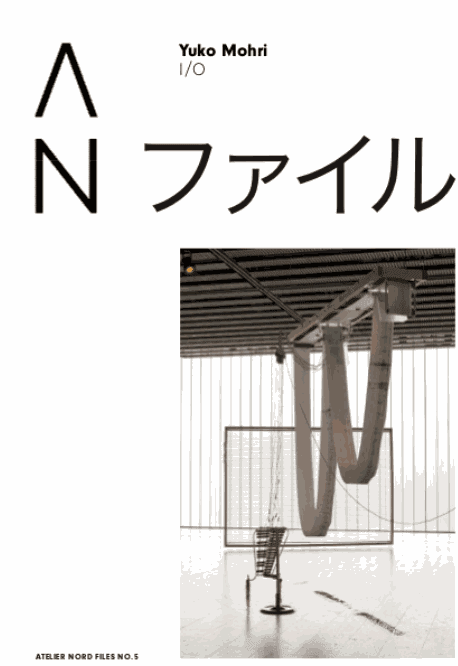
Yuko Mohri: I/O
Tomoko Yabumae (Curator of Museum of Contemporary Art Tokyo), 2021 Read more -
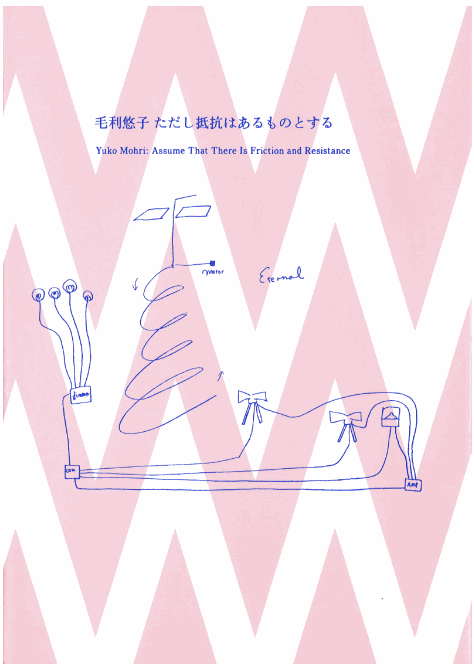
Yuko Mohri: Assume That There Is Friction and Resistance
Emma Lavigne (Director of the Centre Pompodou-Metz), 2019 Read more -
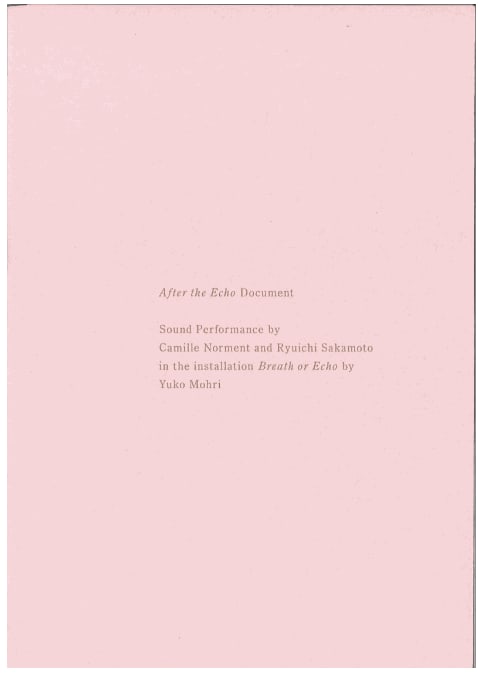
Yuko Mohri: After the Echo Document: Sound Performance by Camille Norment and Ryuichi Sakamoto in the installation Breath or Echo by Yuko Mohri
Chiaki Sakaguchi, 2018 Read more -
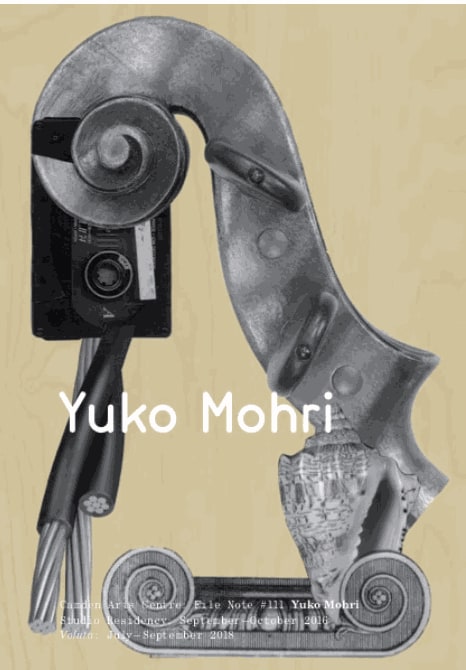
Yuko Mohri
Sam Belinfante, 2018 Read more -
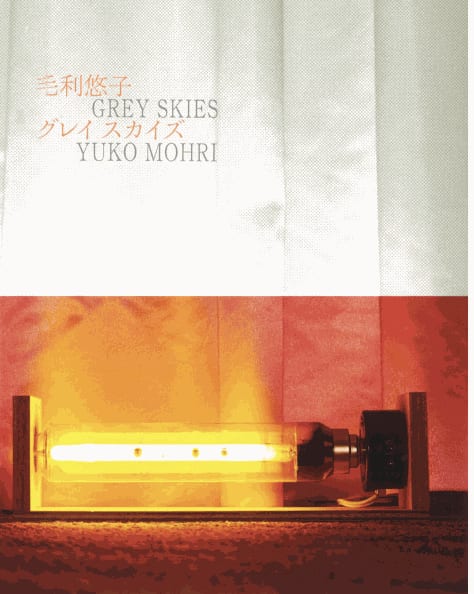
Yuko Mohri: Grey Skies
Satoko Sugimoto (Fujisawa City Art Space), 2018 Read more -
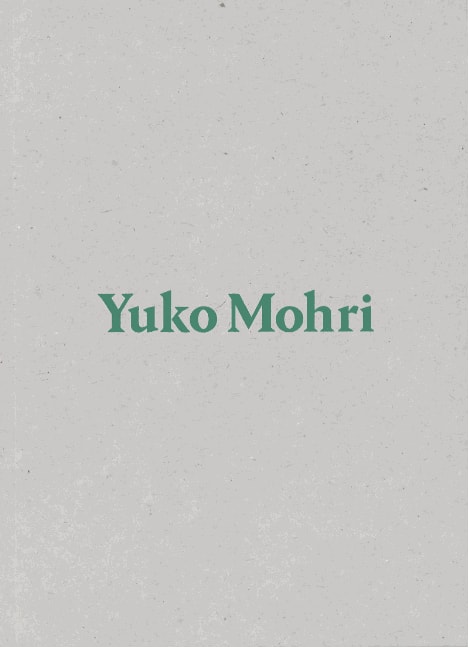
Yuko Mohri
Richard Wentwoth, 2017 Read more

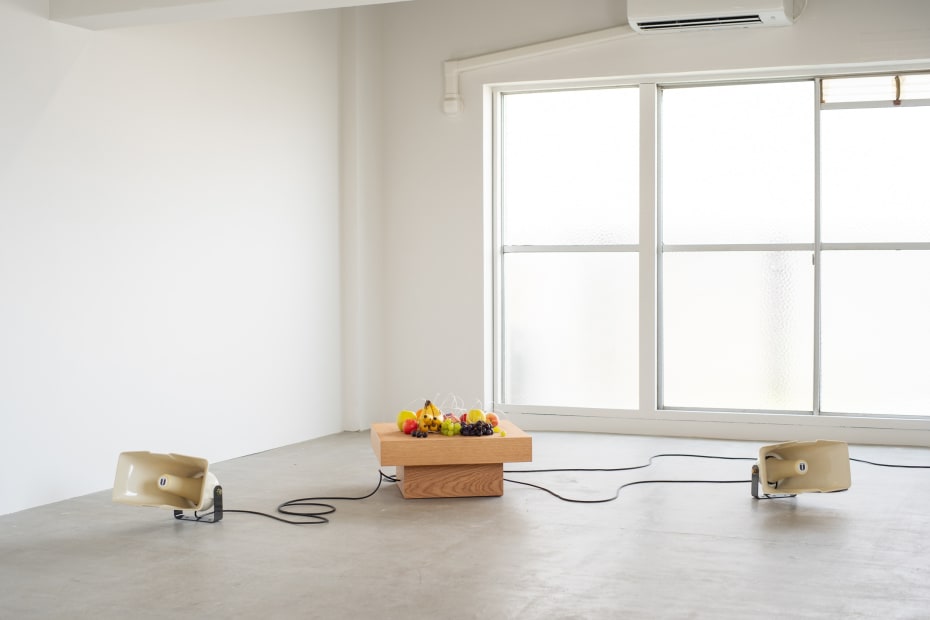
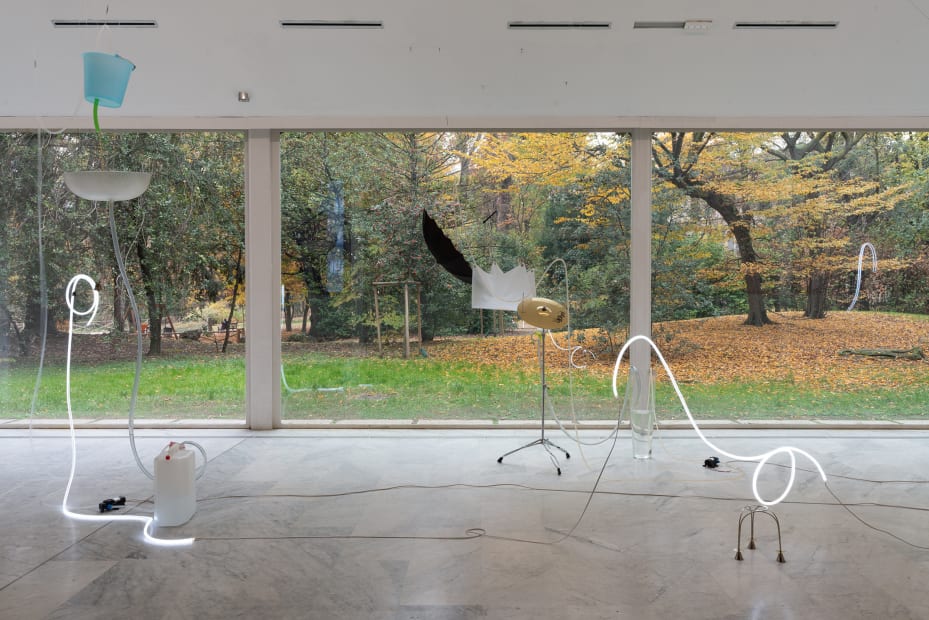

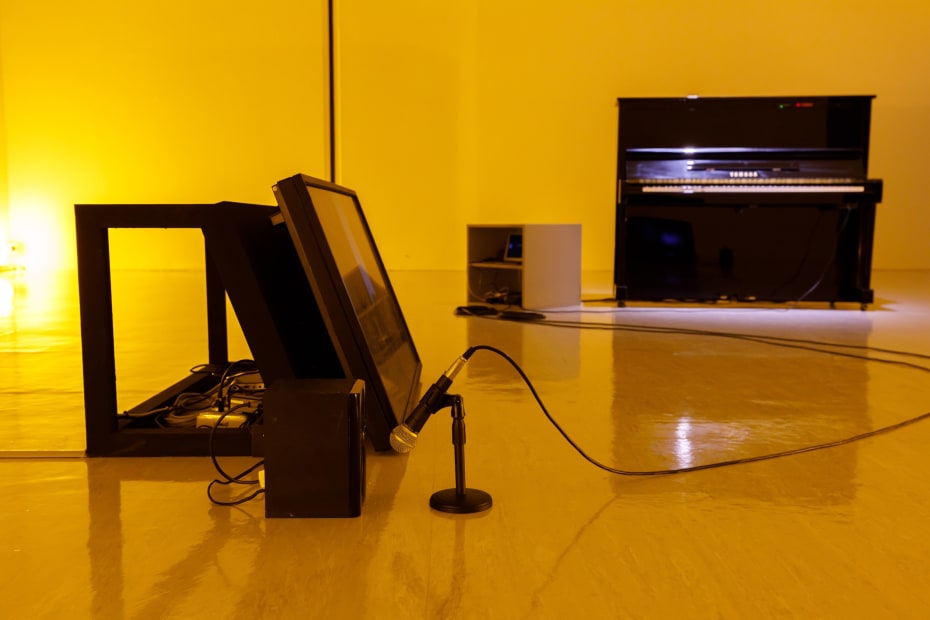
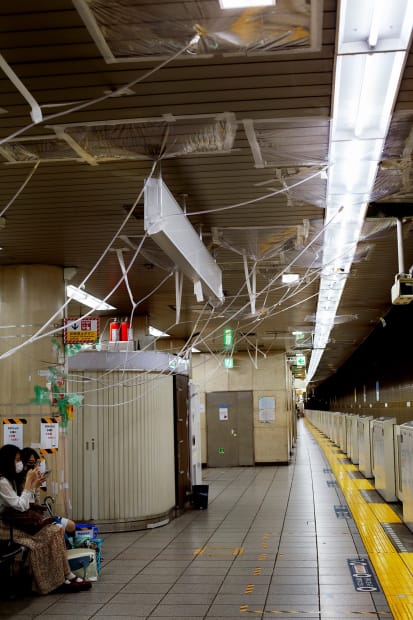
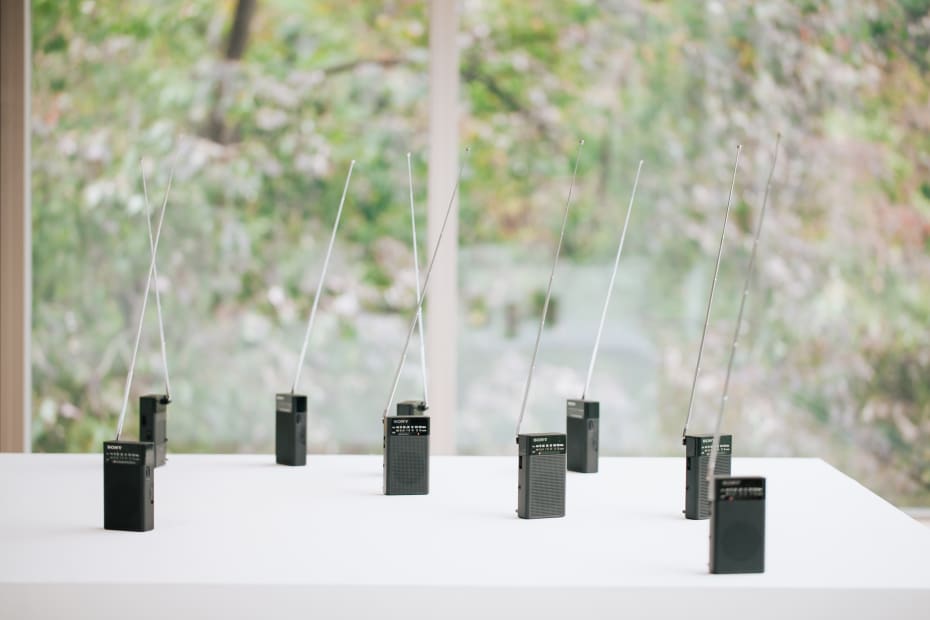
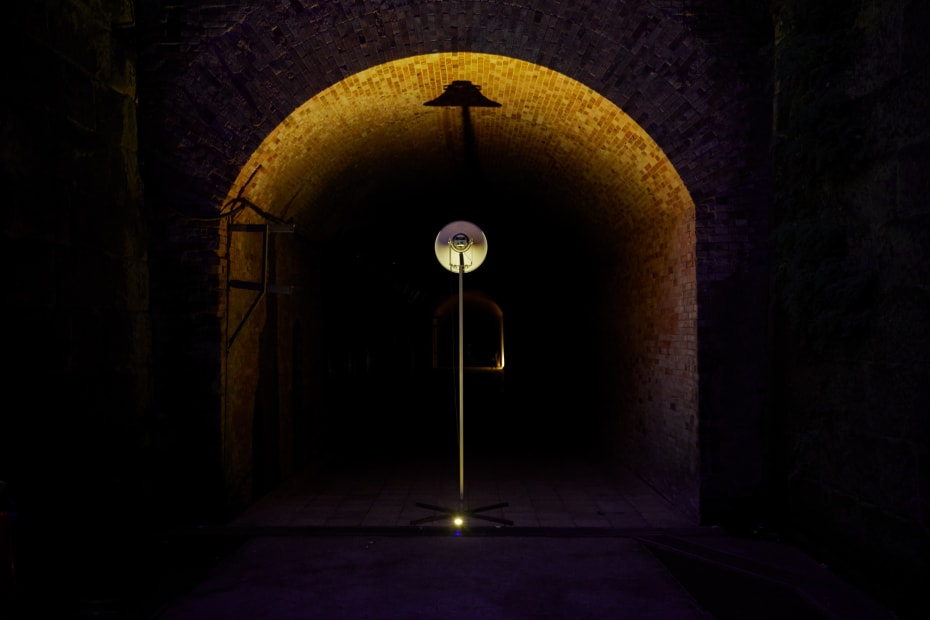
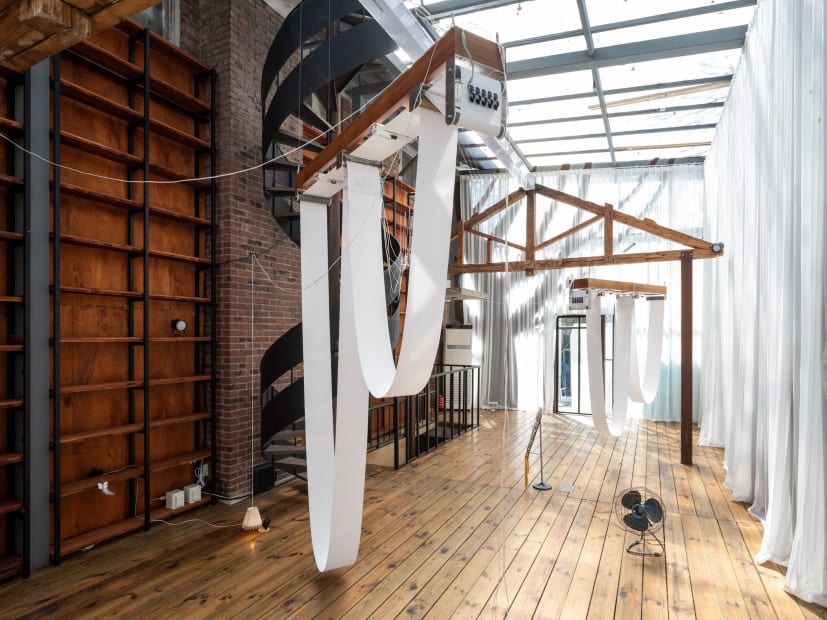
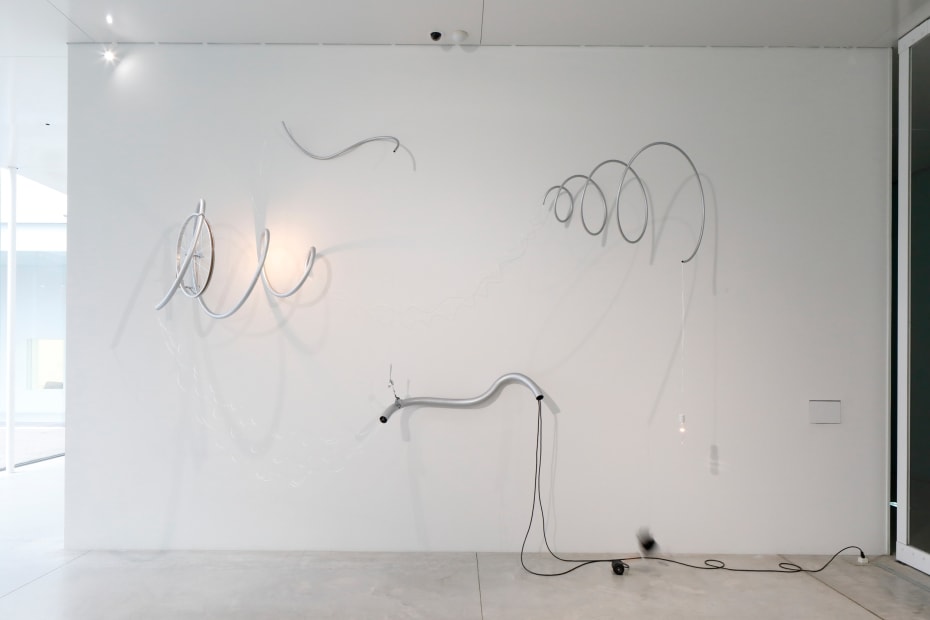
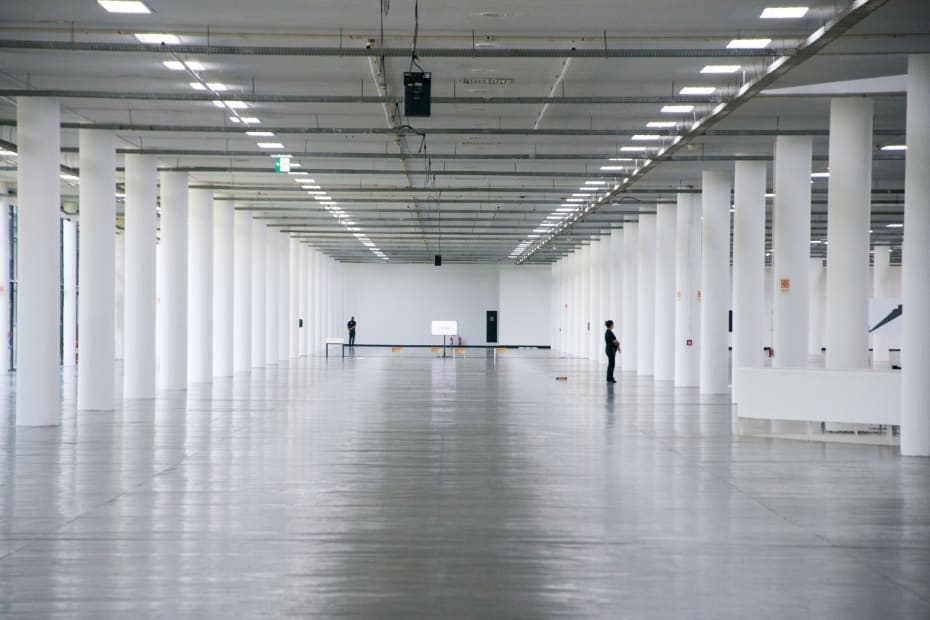
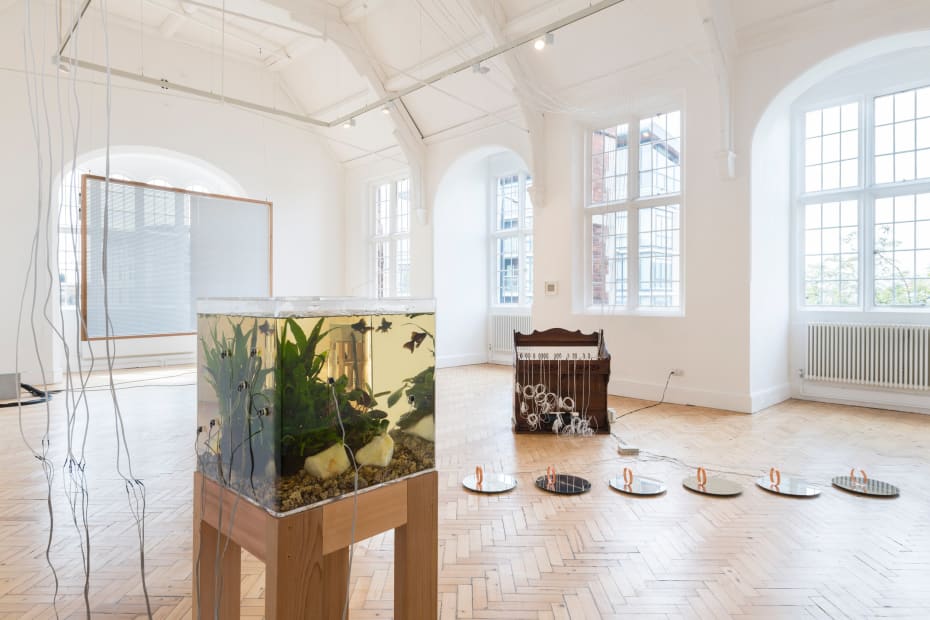
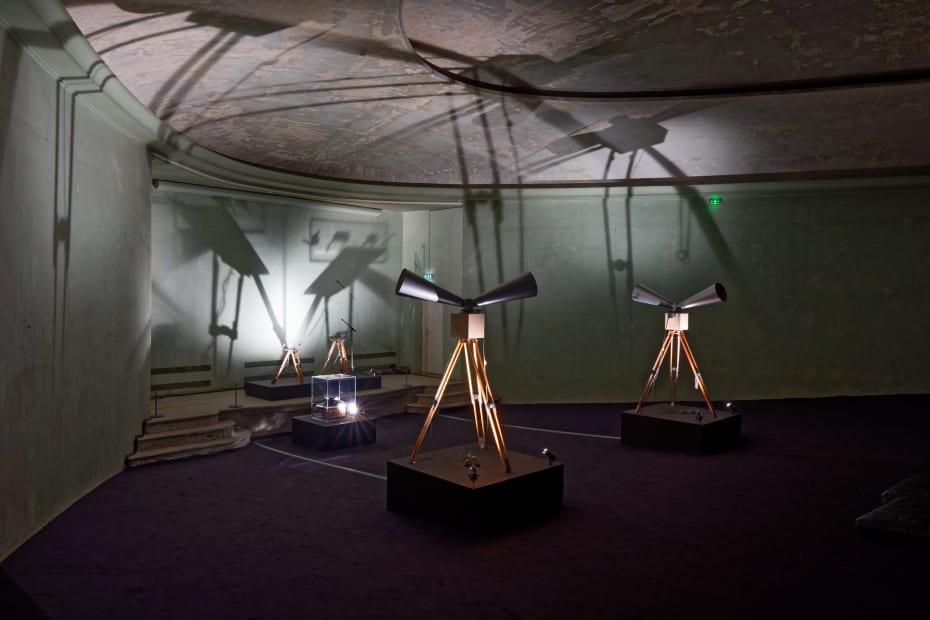
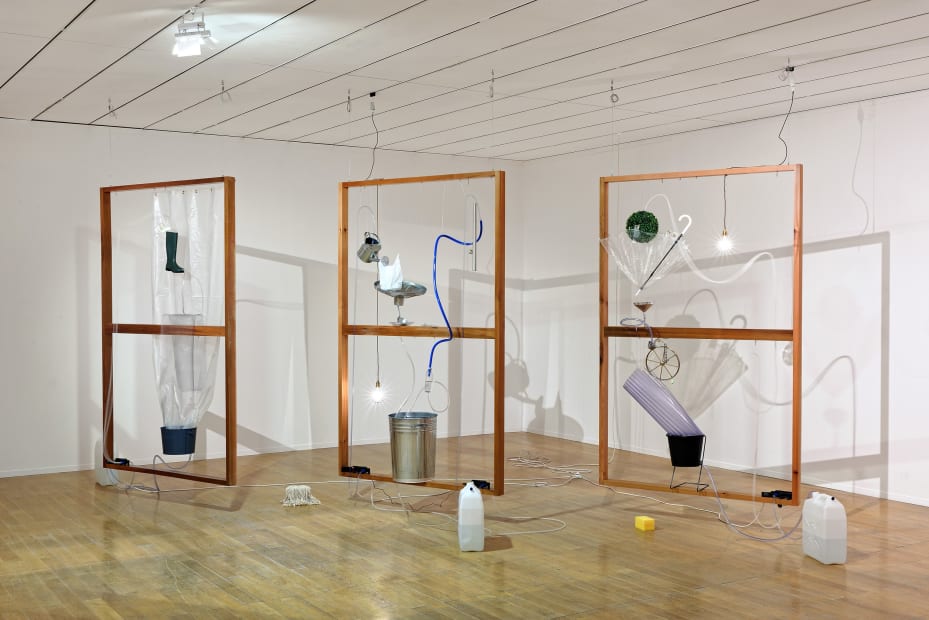
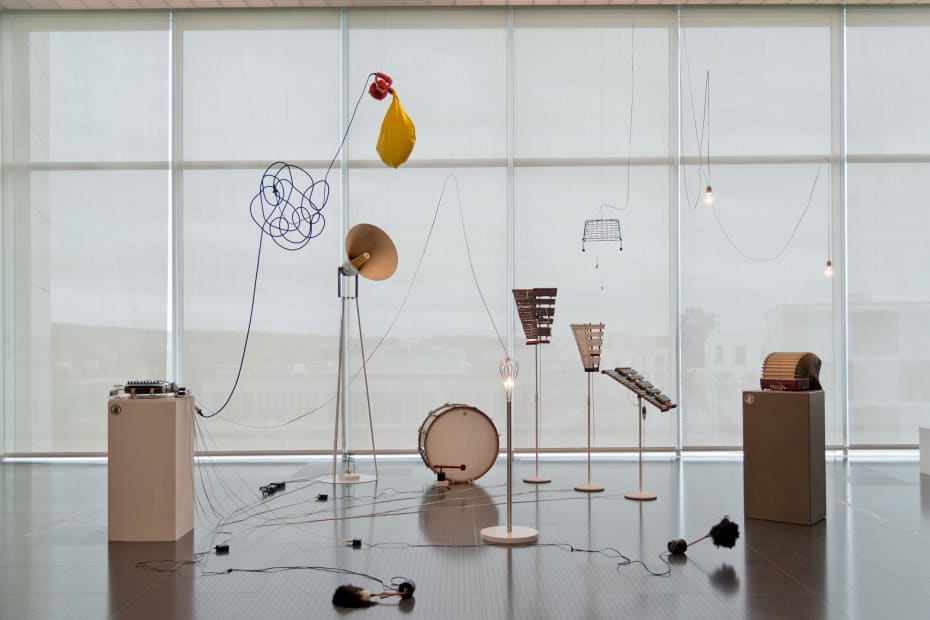
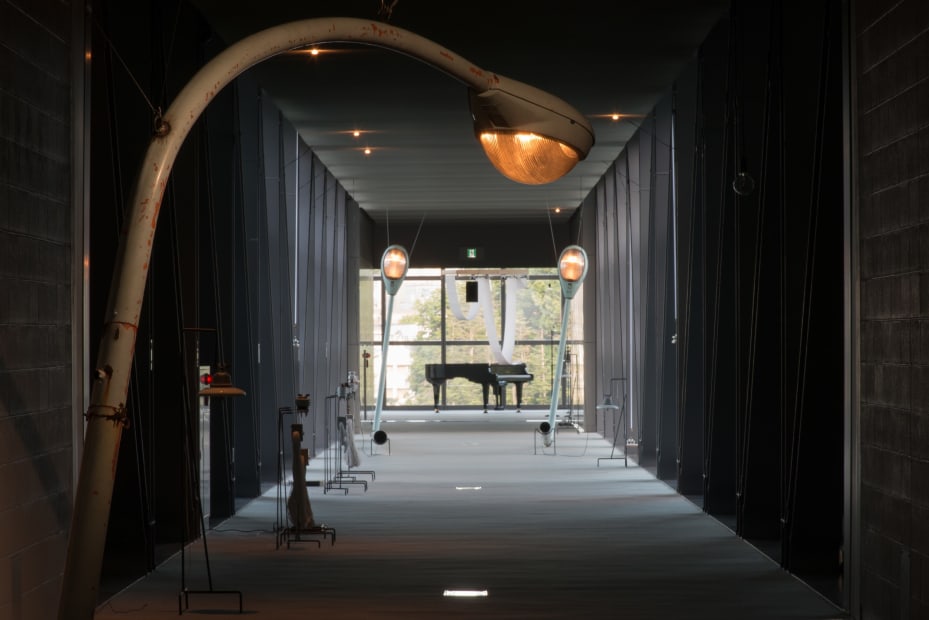
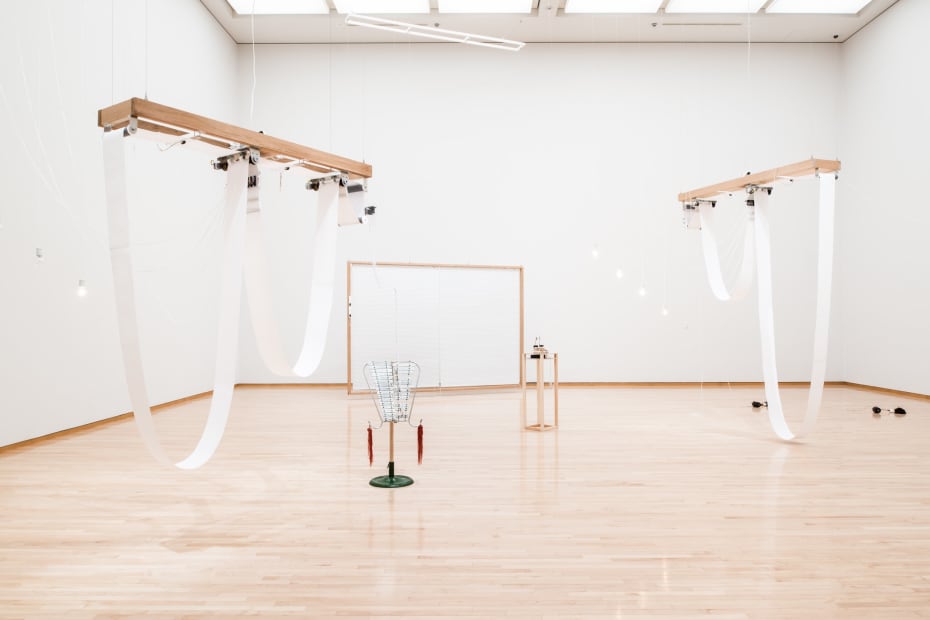
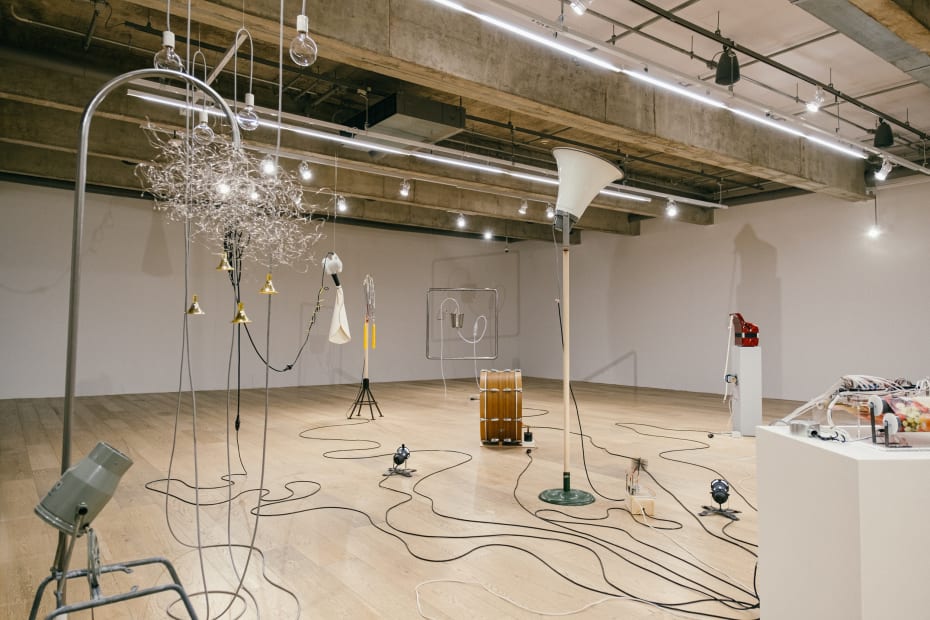
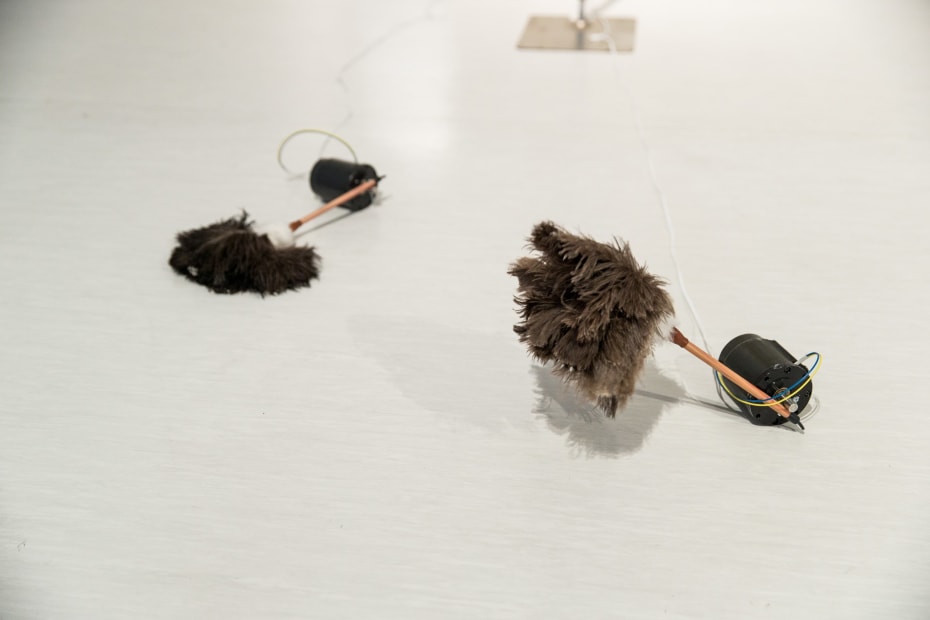

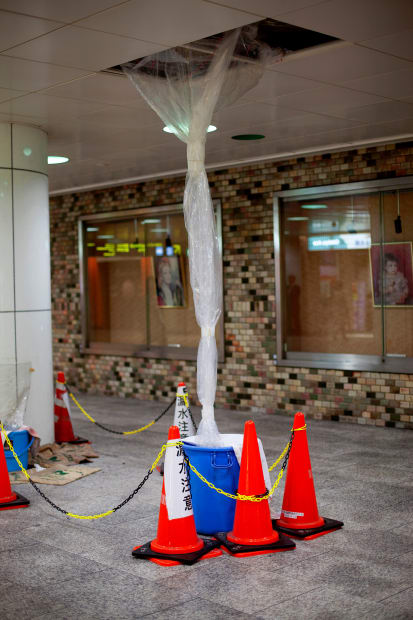
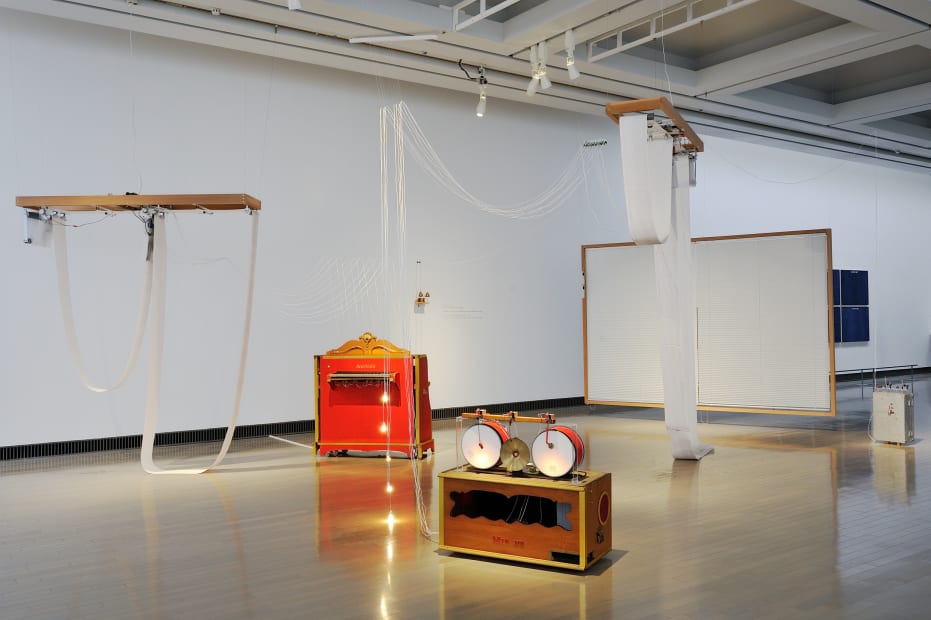







![Installation view of “Where We Now Stand - In Order to Map the Future [2],” 21st Century Museum of Contemporary Art, Kanazawa, Ishikawa, 2020.](https://artlogic-res.cloudinary.com/w_600,c_limit,f_auto,fl_lossy,q_auto/ws-tanyabonakdargallery/usr/images/exhibitions/main_image_override/772/19co_2_2_kioku_03509_ym.jpg)






